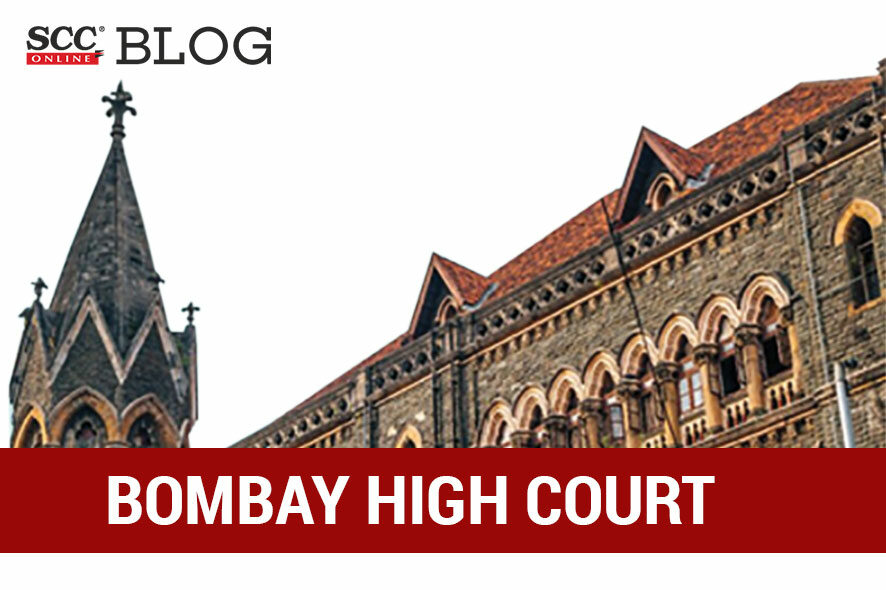Bombay High Court: In a writ petition seeking declaration of entitlement to recovery of all expenses incurred for treatment of newborn twin babies under the insurance policy, seeking mandamus to the insurance company for disbursing the amount, the Division Bench of G.S. Patel and Neela Gokhale, JJ. held the distinction between a ‘new-born’ and a ‘premature baby’ or a baby born ‘pre-term’ unreasonable and unjust, and directed the insurance company to pay the claim of Rs 11,05,953 to the petitioner.
Facts of the matter reveal that the petitioner took two medical policies in 2007 covering a claim for Rs 20 lakhs, which were renewed periodically. On 3-09-2018, the petitioner delivered premature twin babies in an Emergency Lower Segment Caesarean Section (LSCS), who were admitted to Neo-Natal Intensive Care Unit (NICU) for life-saving treatment. The petitioner submitted a claim to the insurance company claiming the expenses incurred at the NICU under the insurance policies for Rs 11,05,953 for twin babies, which was repudiated by the insurance company citing Clause 3.11 of the policy saying that expenses incurred towards post-natal care, pre-term or pre-mature care or any such expense incurred in connection with delivery of such newborn baby, or the Congenital Eternal Anomaly of the newborn baby were not covered. Petitioner claims that such exclusion by the insurance company violates her as well as the newborn twin babies’ fundamental rights under Article 14 and 21 of the Constitution of India.
Analysing the maintainability of the petition, the Court referred to LIC of India v. Asha Goel, (2001) 2 SCC 160 wherein, the Court allowed the writ petition and clarified the extraordinary and expansive jurisdiction under Article 226 of the Constitution for considering the question of contractual dispute in insurance policy. The Court also mentioned the case of Biman Krishna Bose v. United India Insurance Co. Ltd., (2001) 6 SCC 477, wherein, it washeld insurance companies acquiring the trappings of ‘State’ as other authorities under Article 12 of the Constitution and ought toactreasonably and fairly while dealing with customers.
The Court observed that the present matter surrounds interpretation of Clause 3.11 of the insurance policy and none of the other facts. Thus, the Court refused to dismiss the present petition on the grounds of maintainability.
The Court noted that coverage for newborn babies was introduced in the same year when the petitioner’s twins were born and extended the benefit to all policy holders without additional premium and held irrelevant the insurance company’s contention that the newborn babies were not covered under the policy. The Court also scrutinised Clause 3.11 of the policy and observed that the same covers a newborn baby for ‘any illness or injury’. The Court clarified that the expenses related to illness or injury are construed to be the same as expenses of post-natal care, pre-term or premature babies.
The Court found the distinction of newborn and premature babies unreasonable and commented that “the distinction between a ‘new-born’ and a ‘premature baby’ or a baby born ‘pre-term’ is also baseless as a new-born baby can be one which is born ‘full term’ or ‘pre-term’. A full-term baby does not become more ‘newer’ any more than a ‘pre-term’ baby becomes an ‘earlier born’ or, to make it even more pointed, ‘old born’.” The Court supported these lines with Clause 29 of circular dated 22-07-2022 issued by the Insurance Regulatory and Development Authority of India (‘IRDAI’) defining the term ‘new-born baby’ as “a baby born during the policy period and aged up to 90 days.”, further clarified through circular dated 12-10-2022.
The Court held the insurance company’s rejection of petitioner’s claim contrary to law, unreasonable, arbitrary and liable to be set aside. Thus, the Court directed the insurance company to honour the petitioner’s collective claim of Rs.11,05,953 with an interest @9% p.a. from the date of claim till actual payment.
The Court also directed the insurance company to pay Rs 5 lakhs as costs of litigation, additionally prompted by its defiance in obeying IRDAI’s directives and commented that “the aim of reposing faith in the insurance company, is pre-eminently to guard/provide against dangers which beset human life and dealings, by agreeing to pay the consideration in the form of premiums, as per the terms of the policy”.
[Rita Kirit Joshi v. New India Assurance Company, 2023 SCC OnLine Bom 511, judgment dated 1-03-2023]
*Judgment authored by: Justice Neela Gokhale.
Advocates who appeared in this case:
For Petitioner: Advocate Ashok Shetty, Advocate Swapnil P. Kamble;
For Respondents: Advocate D.S. Joshi, Advocate Komal B. Shah.







